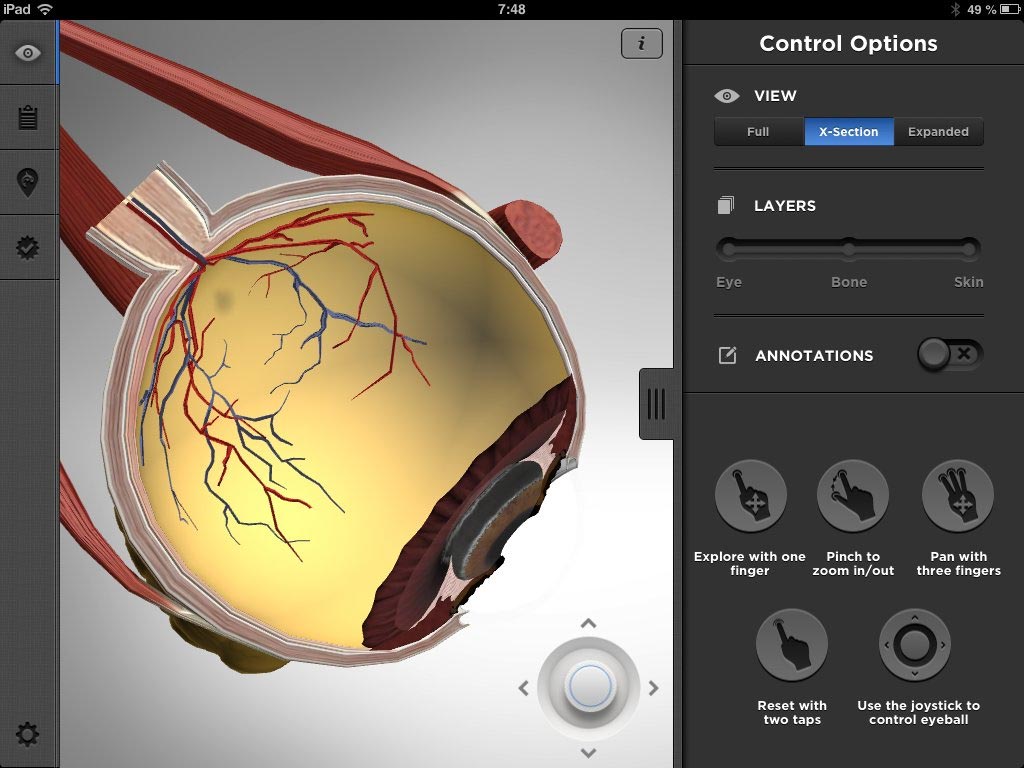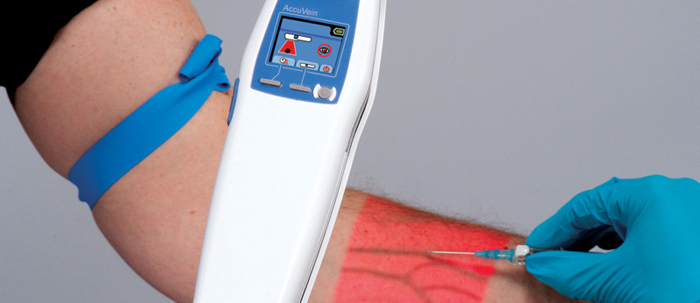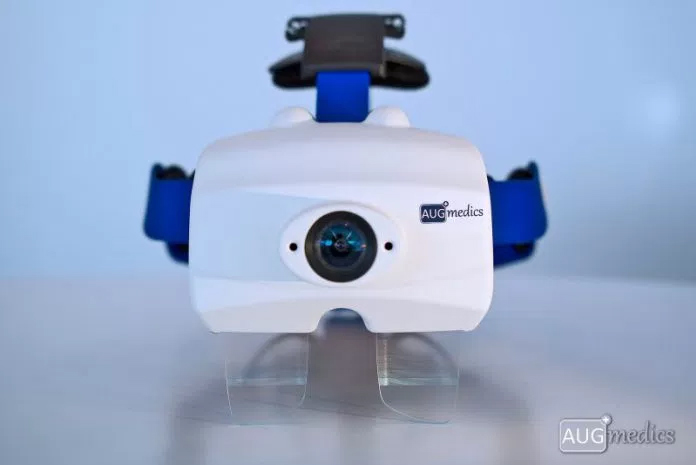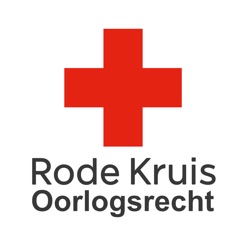The purpose of any invention and technology is to simplify our life. Augmented reality has the potential to play a big role in improving the healthcare industry. Only a few years since the first implementations of augmented reality in medicine, it has already filled an important place in doctors’ and nurses’ routine, as well as patients’ lives.
This new technology is enhancing medicine and healthcare towards more safety and efficiency. For now, augmented reality has already made significant changes in the following medical areas:
- surgery (minimally invasive surgery);
- education of future doctors;
- diagnostics;
- decrease detection.
AR tools may also aid to detect the signs of depression and other mental illnesses by reading from facial expressions, voice tones, and physical gestures. If talking about the revenue side of AR implementation, the AR applications forecast gives the following numbers:
- in 2020 the revenue opportunity estimate is $1,2 bn;
- in 2025 the revenue opportunity estimate is $5,1 bn.
Ways to implement Augmented Reality in medicine
The augmented reality, as we already can see, everywhere obtains various forms and AR applications. It also found a different use in the healthcare industry.
Let's Build Your AR app
Provide us with your contact details and we will contact you today
Thank you for feedback.
Describing symptoms
Have you ever been in a situation when it was hard to describe to the doctor what was bothering you? It is a common problem to all us, the roots of which extend to overreacting and lack of knowledge. And what is most important, it impacts on finding out the accurate diagnosis.
The first steps to find the solutions are already made. To increase patients’ education, medical app EyeDecide is using augmented reality to show the simulation of the vision, harmed by the different disease. It helps patients to understand their conditions and describe correctly their symptoms.

EyeDecide app
Nursing care
About 40% of the first intravenous injections fail, and this ratio is even higher in the case of children and elderly patients. The AccuVein uses augmented reality to cope with this negative statistic. A handheld scanner projects on the skin and shows the patients’ veins. It increases the successful finding the vein from the first try in 3,5 times. That is why this invention got the greatest recognition among the general public and medical staff.

Image by AccuVein
Surgery
In no sphere augmented reality does not have such practical application as in the medicine, especially in surgery, where it literally helps to save lives. Three-dimensional reconstructions of organs or tumors will help surgeons become more efficient at surgery operations.
For example, spinal surgery, as usually, is a long and difficult process. But with the use of AR, it can reduce the time, cut the risks and improve the results. The Israeli startup Augmedics had created an augmented reality headset for spine surgeons. This technology overlays a 3D model of the CT-scan on the spine, so, the surgeon gets some kind of “X-ray” vision.

Image by AUGmedics
Ultrasounds
Some time ago ultrasound made a small revolution in the medicine. Today, it has another one chance make the same with using the augmented reality. Already a few AR software companies developed handy ultrasound scanner, which with the help of smart glasses work as a traditional one. It is hard to overestimate the usefulness of this technology. Especially when we talk about using it in the developing countries, in military medicine (on the battlefields) and even in the ambulance.
Diabetes management
In 2017, the number of people struggle with diabetes reached up to 425 million adults worldwide. And the amount of diagnosed people is increasing every year. In 2014, Google revealed the plans for creating smart contact lens (Google Contact Lens), which the main function will be to measure the glucose levels in the tears. It will help people with this disease to live the life they used to, without permanent worries about sugar level in the blood.
Navigation
The using AR in navigation apps has already become a “traditional” way. By pointing your phone to the city landscape you get the information about nearby objects of your interest (museums, hotels, shops, metro stations, etc.). The same way AR can be useful to provide information about nearest hospitals. For example, EHBO app helps to find the nearest to you AEDs (automated external defibrillators).
Pharmacy
Another way to improve patient’s knowledge is to encourage them with the AR. The augmented reality gives the opportunity to display drug information in the understandable and memorable form. Marker-based augmented reality provides patients with the 3D model of medicaments, their mains functions and how they work inside the body.
Benefits for the patients
- Reduce the risks associated with minimally invasive surgery. Monitors, displaying vital statistics and images being delivered by an endoscopic camera, could be replaced by AR smart glasses.
- Better informed decisions about the right treatment and illness prevention. Futures parents may use AR for educational purposes to prepare themselves. Although AR apps cannot yet find diseases and symptoms, such mobile apps offer the opportunity to understand how our body works better.
- Make procedures more tolerable. Already mentioned AccuVein makes both the patients’ and medical staff’s lives easier.
- Better aftercare – AR apps will help people leaving hospitals to stay on track with their treatment at home.
Benefits for the doctors
- Medical training and education. Training without the risks is the great possibility of using the augmented reality. AR technology makes medical training more interactive and helps students to use the theory in the real world. For example, HoloLens by Microsoft can transform the learning of human anatomy in a brand-new way.
- Assistance in medical procedures and routine tasks. Still, the most popular platform of augmented reality in medicine is Google Glass, due to the fact it is very convenient and leaves the hands free. But we are witnessing the launch of many new technologies and tools, such as various headsets, handheld scans, head-mounted displays, etc.
AR technologies have already shown their value in medicine and will surely bring even bigger changes in upcoming years. As healthcare costs continue to grow, AR will play a vital role to help prevent, control and cure millions of people.
Let's Build Your AR app
Provide us with your contact details and we will contact you today
Thank you for feedback.
Read more: 20 best AVR development companies




